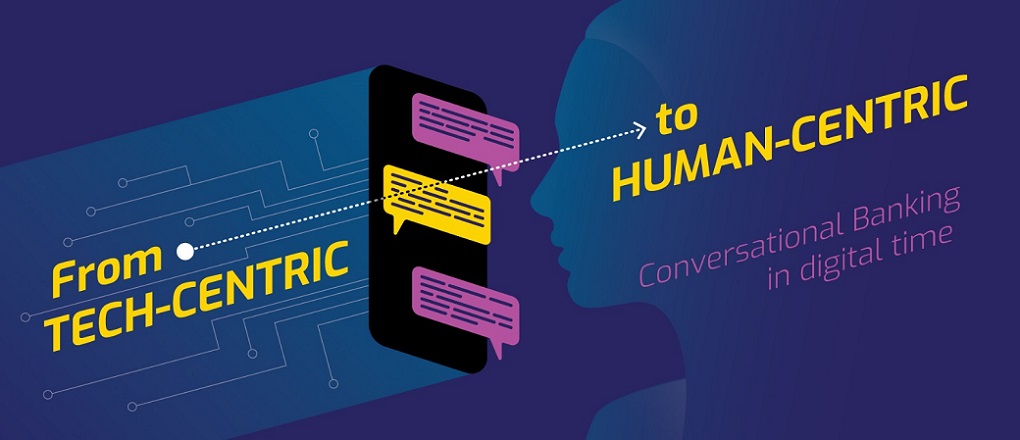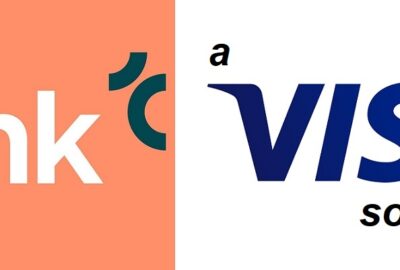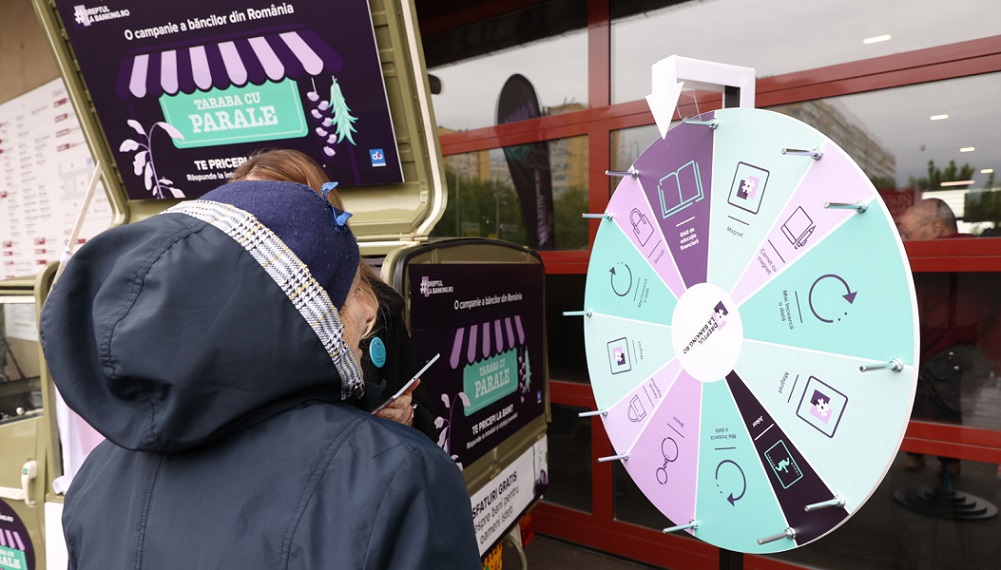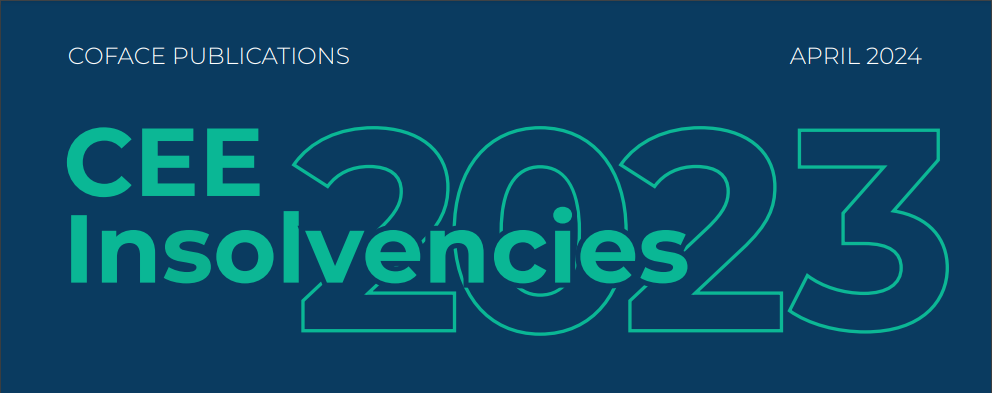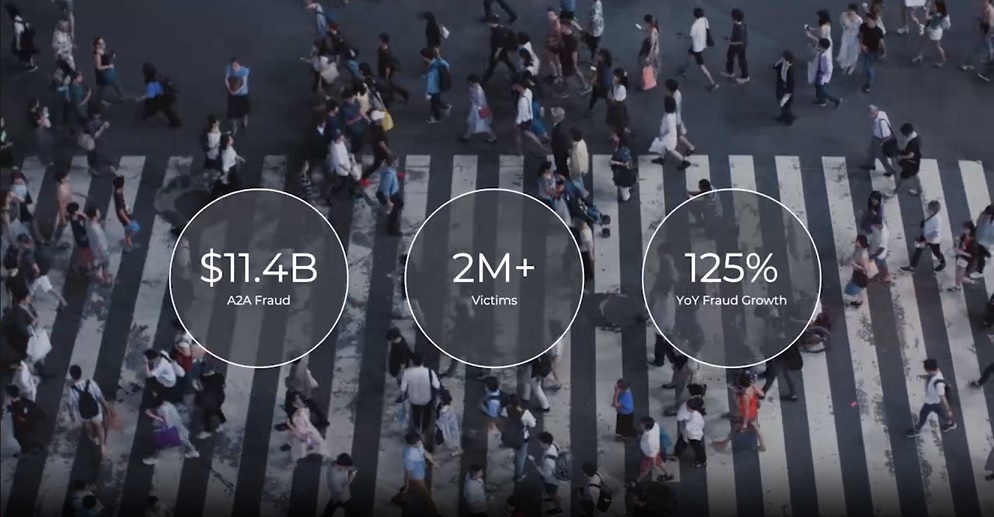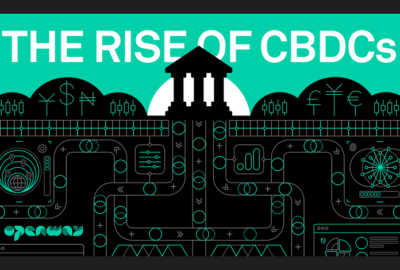PSD2: access to bank services for payment institutions – levelling the playing field?

 For payment institutions (PIs), access to a payment account maintained by a credit institution is vital for the operation of their business. PIs need to be able to open and maintain bank accounts in order to provide payment services.
For payment institutions (PIs), access to a payment account maintained by a credit institution is vital for the operation of their business. PIs need to be able to open and maintain bank accounts in order to provide payment services.
The PI’s bank account access is required to take receipt of payments, to have access to ATM’s network, to receive deposits from agents, hold safeguarded client funds and process payments including refunds.
In the past years the PIs have encountered many obstacles in opening and maintaining bank accounts – banks having a decisive role regarding the access to essential financial infrastructure (e.g access to settlement accounts, safeguarding of clients’ funds, indirect access to Payment Systems and currency settlements).
The current (legal) system effectively allowed banks to limit competition (especially for money remittance providers) by deciding which PI should be able to exist and which should not.
Some of the reasons identified: AML/CFT reasons / or no justification given / or PIs were simply told by some banks that they just do not serve payment institutions.
What after PSD2? Will the game change?
A new Article 36 of PSD2 requires Member States to ensure that: „payment institutions have access to credit institutions’ payment accounts services on an objective, non-discriminatory and proportionate basis. Such access shall be sufficiently extensive as to allow payment institutions to provide payment services in an unhindered and efficient manner.”
In addition, „the credit institution shall provide the competent authority with duly motivated reasons for any rejection.”
Recital 39 gives additional explanation stating that when engaging in the provision of one or more of the payment services covered by PSD2, payment service providers „should always hold payment accounts used exclusively for payment transactions” and „in order to enable payment service providers to provide payment services, it is indispensable that they have the possibility to open and maintain accounts with credit institutions”. The Member States “should ensure that access to such accounts be provided in a manner that is not discriminatory and that is proportionate to the legitimate aim it intends to serve. While access can be basic, it should always be sufficiently extensive for the payment institution to be able to provide its services in an unobstructed and efficient way”.
Implementation?!
Further clarification of this article from the competent authorities is necessary to ensure this issue is being addressed adequately.
For example, for what reasons a credit institution may chose not to open (or close) a bank account for a payment institution?
It is understandable that any risk of money laundering may give objective reasons to the credit institutions to do that (FATF report identified PIs as a high risk activity from the AML/CTF perspective). But how? I would say, only in accordance with the provisions of anti money laundering laws. The risk assessments should be undertaken by credit institutions on an individual customer basis rather than, as appears to be happening now in some EU member states, on a sectoral basis.
However, credit institutions that decline a payment institution with access to a payment account will have to explain the rejection to the competent authority – based on dully motivated reasons.
Tudor Nistor – payment services lawyer, specialised on payments and e-money regulatory matters
Anders Olofsson – former Head of Payments Finastra
Banking 4.0 – „how was the experience for you”
„So many people are coming here to Bucharest, people that I see and interact on linkedin and now I get the change to meet them in person. It was like being to the Football World Cup but this was the World Cup on linkedin in payments and open banking.”
Many more interesting quotes in the video below:
